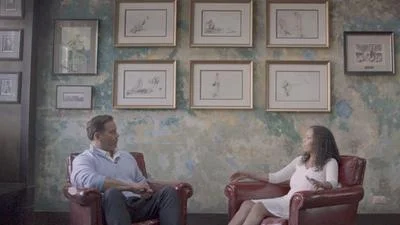Victor Schwartz
Victor Schwartz
Lawsuits recently brought by Chicago and other cities targeting car makers Kia and Hyundai over a surge in car thefts represent the latest attempt by the trial bar to expand the scope of the public nuisance tort, says prominent business defense attorney Victory Schwartz, co-chair of the Public Policy Practice Group at Shook, Hardy & Bacon. If successful, the suits brought by 10 cities, so far, could potentially make other manufacturers and sellers of products liable for the actions of third parties.
“There are very few hard lines in tort law,” Schwartz explained. “One of them is that nuisance law applies to activities, say the blocking of a public road or the polluting of a waterway. Start making sellers and manufacturers liable for the actions of a third party and who knows where this might go.”
The Chicago lawsuit was filed last week with plaintiffs’ firm of Edelson PC on the complaint. The complaint blames a 41 percent increase in car thefts from 2021 to 2022 on Kia and Hyundai for failing to install anti-theft technology that is common in other vehicles.
“The surge in thefts has hit Chicago especially hard—placing pedestrians, drivers, and bystanders in harm’s way,” the complaint says. "This crime wave has also further stressed Chicago’s law enforcement and emergency services. Chicago is bearing the cost of Defendants’ unlawful conduct, as it pays for property damage, diverts law enforcement resources, and strives to keep the public safe from harm that Defendants could have prevented.”
Other cities that have filed similar lawsuits include New York, Baltimore, Cleveland, San Diego and others.
The surge in thefts has been driven at least in part by instructional videos trending on social media sites – a trend that has become so popular it earned the label the “Kia Boyz” phenomenon.
Schwartz said the instruction videos beg the question concerning who is more responsible, the car makers or those instructing people how to steal.
“We also need to ask what the city of Chicago is doing about these thefts instead of just blaming the car manufacturers,” he said.
The trial bar’s attempt to expand the scope of public nuisance laws dates all the way back the 1960s, according to the American Tort Reform Association (ATRA).
“Today’s public nuisance lawsuits are vastly different and widely expanded from the legal theory’s original intent,” ATRA President Tiger Joyce said in a 2020 news release. “It has evolved such that merely selling an everyday product can create virtually unlimited liability.”
Present day targets involve opioids, climate change, environmental and plastic cleanups, e-cigarettes and vape products.
“This new breed of public nuisance lawsuits is just another example of the rampant abuse in our judicial system,” Joyce said. “Excessive litigation is bad for consumers, costing both job opportunities and income. Further expansion into COVID-19 public nuisance lawsuits will only serve to further inhibit the nation’s economic recovery.”






 Alerts Sign-up
Alerts Sign-up